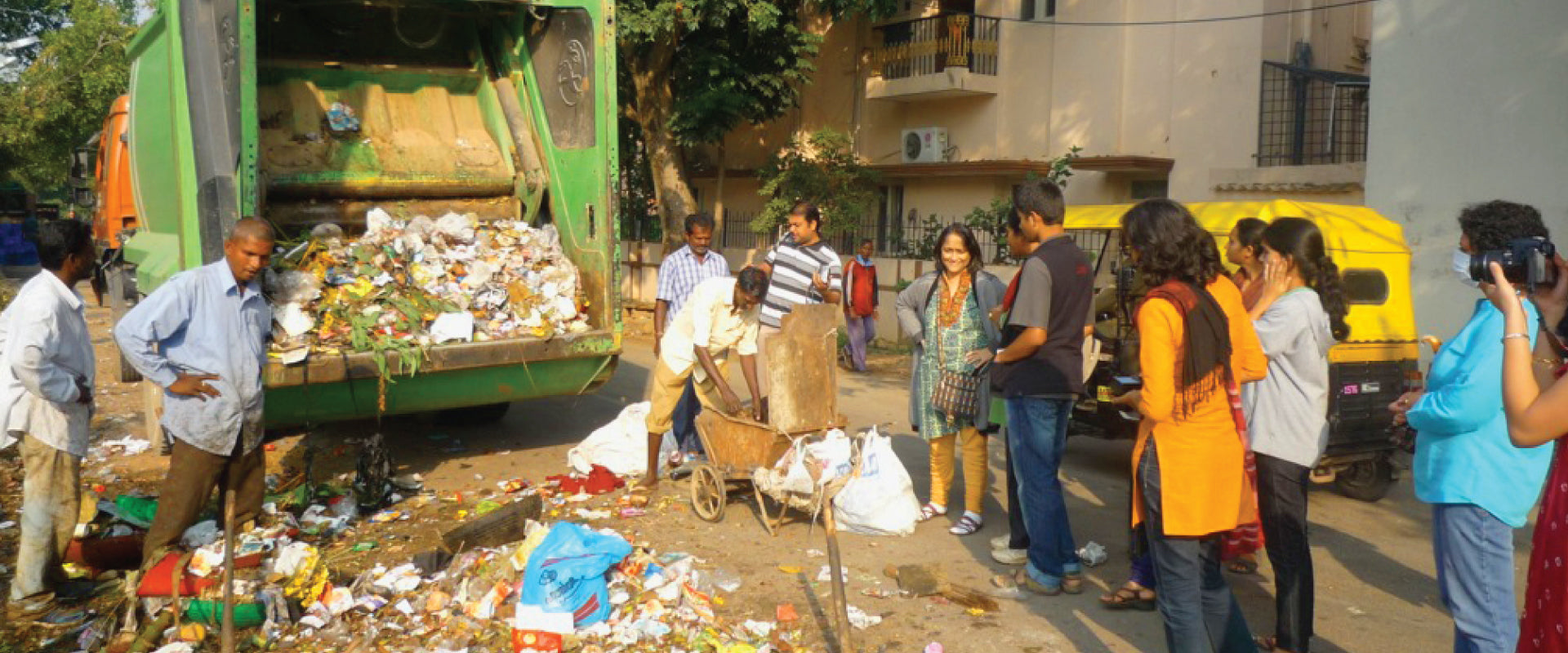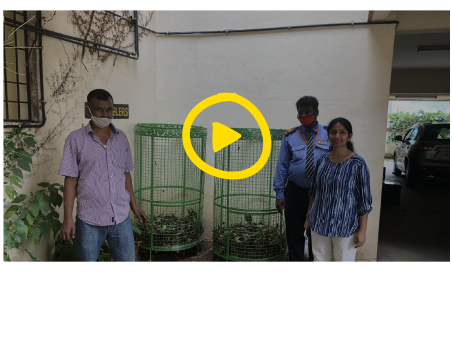Going Plastic Waste-Free: Using plastics responsibly


Can we really live a Plastic-Free Life?
The answer to this is complicated. Plastic is in everything we use, from electronic devices to furniture to cutlery. While we cannot completely cut plastic out of our lives, we can try to live a Plastic Waste-Free Life. If we all become more conscious and aware of the plastics around us, its responsible use and disposal, we can reduce the plastic waste.
To start using and disposing plastic responsibly, we first need to know the different types. In a broad category, there are seven types of plastics (see the infographics below)

[Source Journal article: https://infographicjournal.com/7-types-of-plastics-their-toxicity-what-theyre-most-commonly-used-for/]
How are the different plastics recycled in India?
The most commonly recycled plastic in India is type 1. The rest are hardly recycled in India and end up in landfills. Although Plastics like PP, PS and LDPE are partially recyclable, they are not recycled in India. This is mainly due to the costly recycling processes.

[Source article: https://www.cseindia.org/content/downloadreports/10352]

[Source Journal article: https://link.springer.com/article/10.1007/s13762-022-04079-x]
So how do we find out which plastic we are using?
When you turn around your Plastic bottle or any plastic material (primarily when used for storing or heating food), you’ll quickly find markings, as mentioned above (see the infographics).

The picture above is an example of a bottle which is made of two different types of plastic.
How can we live a Plastic-Waste Free life?
While we cannot cut plastic out of our lives completely, we can reduce its use as much as possible. We need to reuse plastics wherever possible, and donate to recycling centres. We can reuse reusable plastics and make sure to use the plastics that can be easily recycled in India. Here are a few ways to handle the different types of plastic responsibly.
Try to buy the least amount of PET Plastic (Type 1). If you do end up buying it, try and reuse it. Lastly, remember to dispose of it with a recycler near you.
With HDPE plastics (Type 2), you may find it in shampoo/conditioner products, sometimes toys and even the buckets that you may use to take a shower, and therefore can use it longer.
Polyvinyl chloride (Type 3), commonly known as PVC is used in Credit cards, wires and cable sheathing, pipes and fittings etc. These plastics take forever to decompose and ideally should not be used. These plastics are very toxic and hard to recycle in India. We can only try to be aware of such plastics and avoid them as much as we can.
When you enter a restaurant and see red-coloured squeezable bottles on your table, well, those are made of low-density polyethylene (LDPE) (Type 4). These are difficult to recycle as it requires expensive recycling machines.
Polypropylene (PP) (Type 5) has a hard and flexible surface and is used in hot food containers and packaging taps. These plastics are a safer option for food and drink use. However, most of these plastics end up in landfills and hardly get recycled.
The next type of plastic goes by the name thermocol or styrofoam (Type 6); all of these are polystyrene. These kinds of plastics are hardly recycled and are a highly toxic form of plastics. These plastics disguise themselves as coat hangers, fast food trays, egg cartons etc.
The last kind of plastic is like the most toxic. These are the combination of different plastics; hence, the category is named ‘Other (Type 7)’. These plastics are even difficult to categorise what toxins they release. These have a combination of plastics and are very difficult to recycle.
However, a product which is marked as 7 with “PLA” on the bottom indicates that it cannot be recycled but composted.
A change in behaviour
The throwaway culture of plastics is what has contributed to the plastic problem. We must change this throw-away behaviour and adopt new practices while using plastics.
- Firstly, reduce plastic wherever possible. Try to find alternatives in more sustainable materials.
- When you do end up buying a plastic product, check the markings and know what type it is. Find out if it can be recycled after use.
- Instead of using plastics just one time, try to use them as long as possible without breaking and damaging them. Even if you want to discontinue using your plastic product, try donating it to someone else and give a second life to the plastic product. Keep it in use for longer.
- Be more responsible for their safe disposal. Find a recycler in your neighbourhood, and make sure to recycle all your waste plastic.
Check out these plastic alternatives offered by Daily Dump.

Neem Wood Comb: Shop Here

Coir Scrubbers: Shop Here

Bamboo Toothbrushes: Shop Here
So next time you buy your plastic product, make sure that you check for these markings. By becoming aware of these small things, you’ll be able to make a better choice for yourself and the environment.
Choose the environment everyday by composting at home!To learn how to make your own compost at home, email us hello@dailydump.org or WhatsApp 9916422440. We are here to help!
Happy Plastic Free July!




